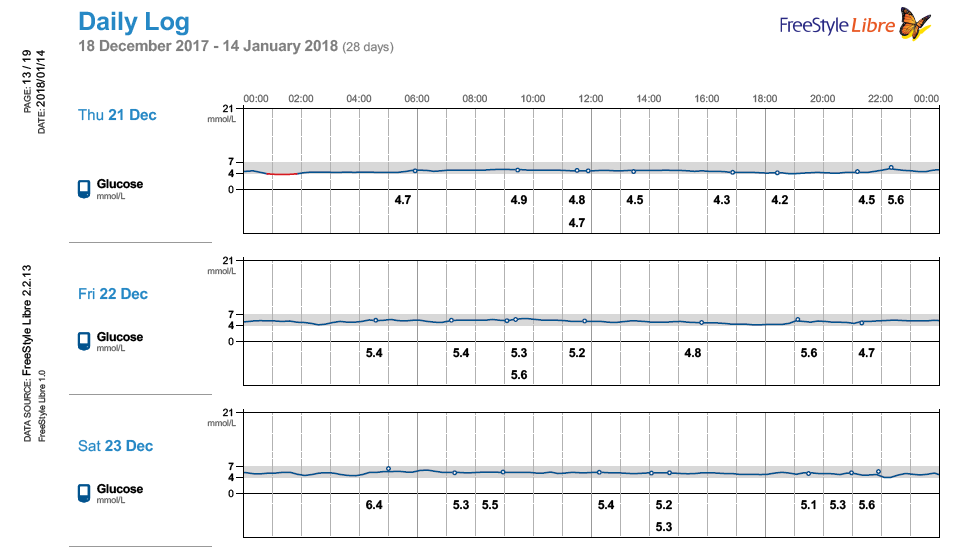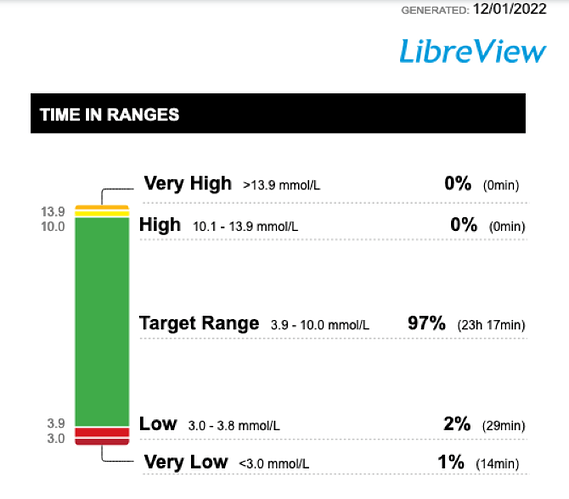Hi Sunny, it sounds frustrating and I hope you can figure it out. I have some thoughts but no data or studies so maybe not helpful… but here I go.
You said you are lean and athletic with low body fat. I’m in the same category. I had an initial period of keto diet with very low carbs, to experience it fully and see how my body responded. I became leaner and my muscles seemed to grow a bit, or at least be more visible. I felt great.
Some months passed then I found that
my blood pressure had gone up a bit which was worrying me. How could that happen when I look and feel healthy and lean? I considered that I was possibly pushing a little too hard from more than one direction, thus raising cortisol and adrenaline. When eating mainly meat and fat it can be hard to eat enough after a 6hour hard hike. Maybe my body was having a mild stress response. 
Longer term, I’ve added some fresh unprocessed carbs back in, and somehow this feels relaxing, easy, comfortable. My blood pressure was better recently. But since I haven’t had BP tracking at home with more data I’m only guessing.
So my thought is- for a lean athletic type who exercises- consider eating more, aiming for a higher level of carbs with plenty of variety. Consider a stress response



 I don’t miss BF now. I can easily eat 2000 calories in 2 hours and feel great and go for a walk or a jog. So eating 3 meals, I tend to over eat. I was doing 20:4 for 3 months, then I changed it to 18: 6 on a more liberal side, meaning I will eat after 16 if I work out or feel like it. I am going to try your suggestion and make my eating window even more generous (maybe 14:10) and track my BG response. Thank God for CMG technology!
I don’t miss BF now. I can easily eat 2000 calories in 2 hours and feel great and go for a walk or a jog. So eating 3 meals, I tend to over eat. I was doing 20:4 for 3 months, then I changed it to 18: 6 on a more liberal side, meaning I will eat after 16 if I work out or feel like it. I am going to try your suggestion and make my eating window even more generous (maybe 14:10) and track my BG response. Thank God for CMG technology!



